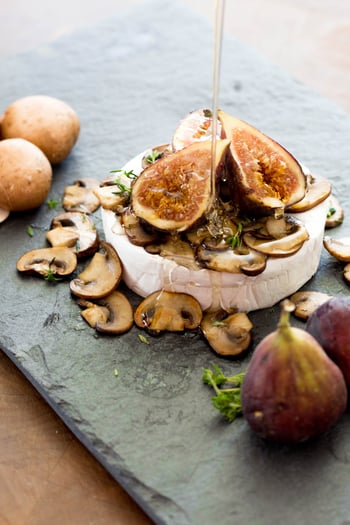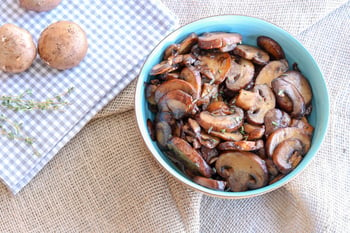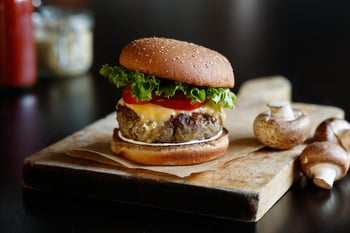Our Fresh Mushrooms
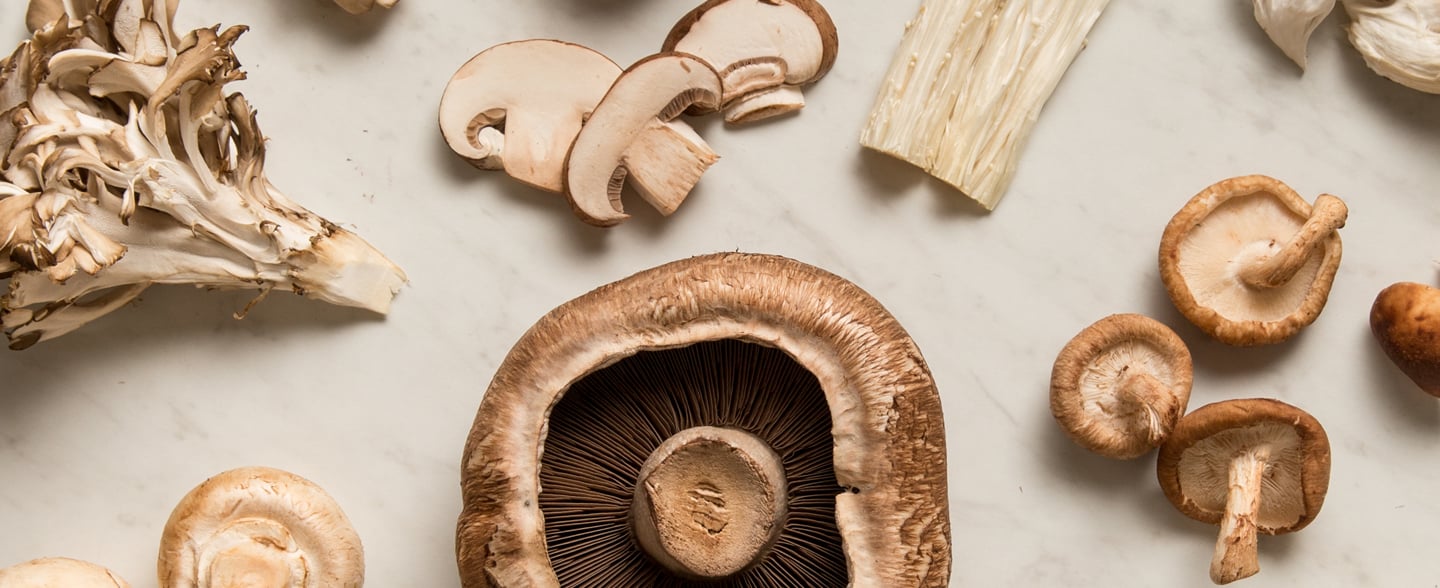


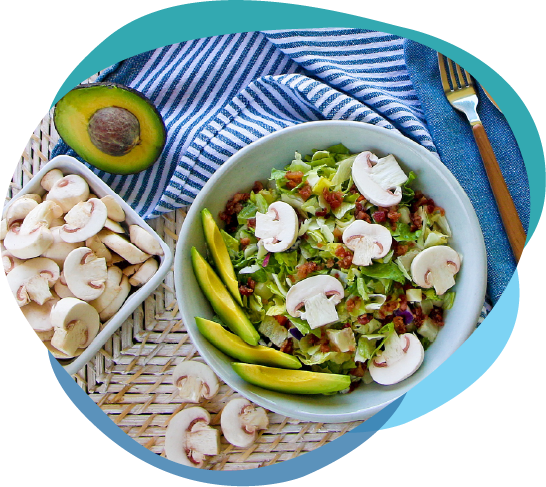
Fresh fare sure to transform any meal!
At Monterey Mushrooms, we grow our mushrooms with care and passion. From ordinary Whites and Baby Bellas to specialty varieties like Oyster, Shiitake, King Trumpet, Maitake, and Enoki — we hope you enjoy eating our mushrooms as much as we love growing them!
How Your Marvelous Mushrooms Are Grown
From our traditional mushrooms to our organic and High Vitamin D varieties, see how we grow our fresh fungi on Monterey farms.
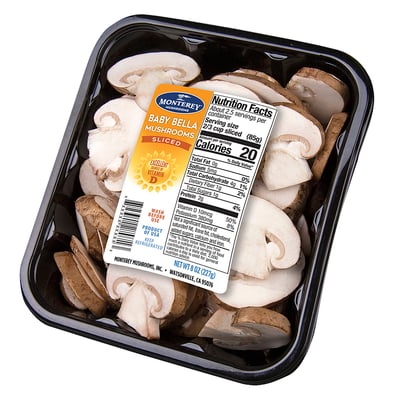
High Vitamin D Mushrooms, At a Store Near You!
Did you know that mushrooms are the only significant source of vitamin D in the produce department? No other fruits and vegetables contain enough of the nutrient to be considered significant. This special vitamin has been linked to numerous health benefits, from enhancing the immune system to improving bone resilience.
We’re proud to stock High Vitamin D mushrooms at some of your favorite retailers, all across the U.S.
Fresh Mushrooms FAQ
How can I read the code on my package?
Each package of Monterey mushrooms has a printed code which includes our location code, Julian date, and packing line number. This gives you an inside look at when, where and on what production line the mushrooms were packed.
The Julian date is a continuous count of days starting January 1, with January 1 being 001.
Examine the numbers printed on your package and match them with one of the location codes below:
- 110 means it was packed in Royal Oaks, California
- 115 is Morgan Hill, California
- 125 is Arroyo Grande, California
- 140 is Madisonville, Texas
- 145 is Princeton, Illinois
- 150 is Loudon, Tennessee
- 155 is Temple, Pennsylvania
- 160 is Orlando, Florida
- 510 is San Miguel de Allende
For example, the date code 150 173 4 was packed in Loudon, Tennessee on June 21st.
Do I have to wash my mushrooms?
Many people are confused about whether or not to wash mushrooms before eating them.
According to the FDA, you should “wash all produce thoroughly under running water before preparing and/or eating, including produce grown at home or bought from a grocery store or farmers’ market.” But mushrooms are not like other produce products...
While there are rare times when running your mushrooms underwater is okay (like when you’re preparing a soup or a one-pot meal and they’ll be in liquid as they cook), rinsing is not usually recommended.
Even the quickest rinse will leave your cap surface slimy and damp, and soaking them will cause them to engorge and compromise your flavor and texture.
Instead, wipe your mushrooms off with a damp paper towel right before you’re ready to use them. Don't prep them before it's time to cook, as you'll only contribute to the aging process and your mushrooms will not last as long. Sometimes they’ll just need a dry gentle brushing to remove any remaining dirt.
Find more tips for preparing and serving the freshest fungi here.
How sustainable are mushrooms?
Pretty darn sustainable, if you ask us! Mushrooms use less water and energy than many other products’ production have a gentle impact on the environment.
According to a study measuring the water, energy and carbon emissions required to grow and harvest fresh mushrooms in the United States, production of a pound of mushrooms requires only 1.8 gallons of water and 1.0-kilowatt-hours of energy, and generates only 0.7 pounds of CO2 equivalent emissions.
In addition, the annual average yield of mushrooms is 7.1 pounds per square foot. That means that up to 1 million pounds of mushrooms can be produced on just one acre, every year!
Learn more about how mushrooms’ sustainability stacks up against other food product production here.
Are mushrooms gluten-free?
You better believe they are!
In fact, they’re also vegan, fat free, Kosher, and low cal.
Read more about mushrooms’ gluten-free qualities here.
Are brown mushrooms, like criminis, baby bellas, portabellas, and portobellos more nutritious than white mushrooms?
The nutrients in our White, Baby Bella and Portabella are very similar. In fact, our White and Brown mushrooms are from the same species: Agaricus bisporus. And wait until you hear this: Portabella mushrooms are simply more mature Baby Bella mushrooms given more time to grow!
They all contain potassium, B vitamins, selenium and, if exposed to light, are the only source of vitamin D in the produce aisle, and more!
Check out all the nutritional benefits of your mushrooms in the grocery store with this helpful resource on reading the nutritional panel.
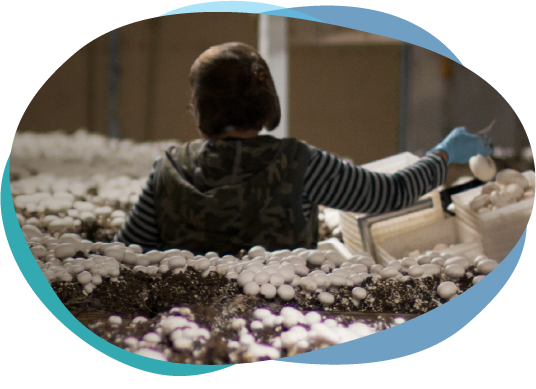

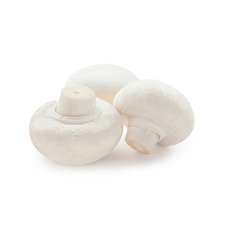
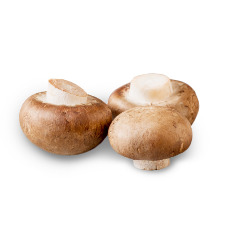
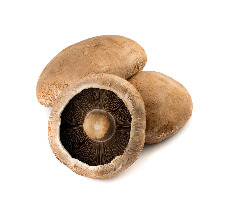
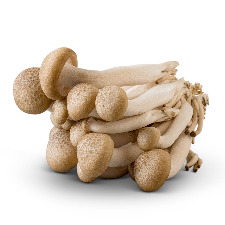
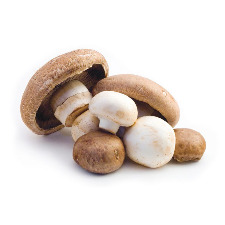
_adobespark.jpg?width=350&name=Vitamin-D-Mushrooms(1)_adobespark.jpg)
